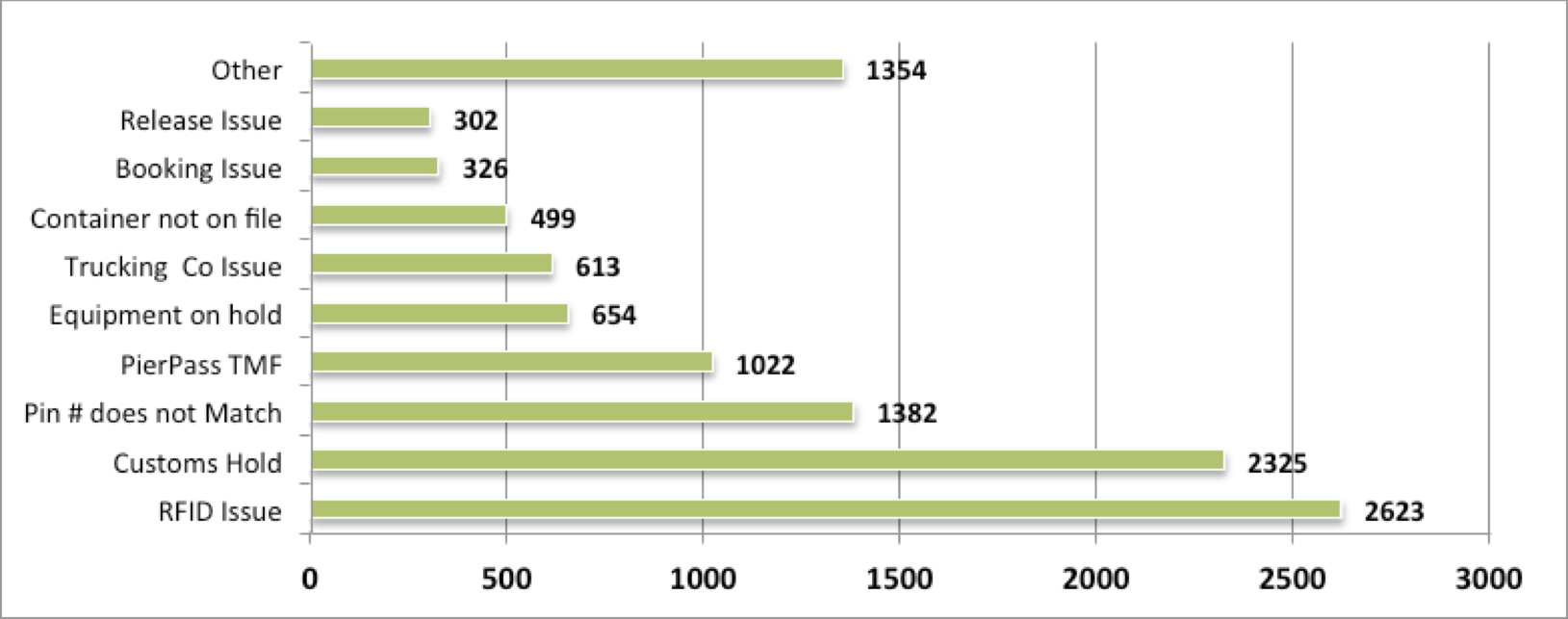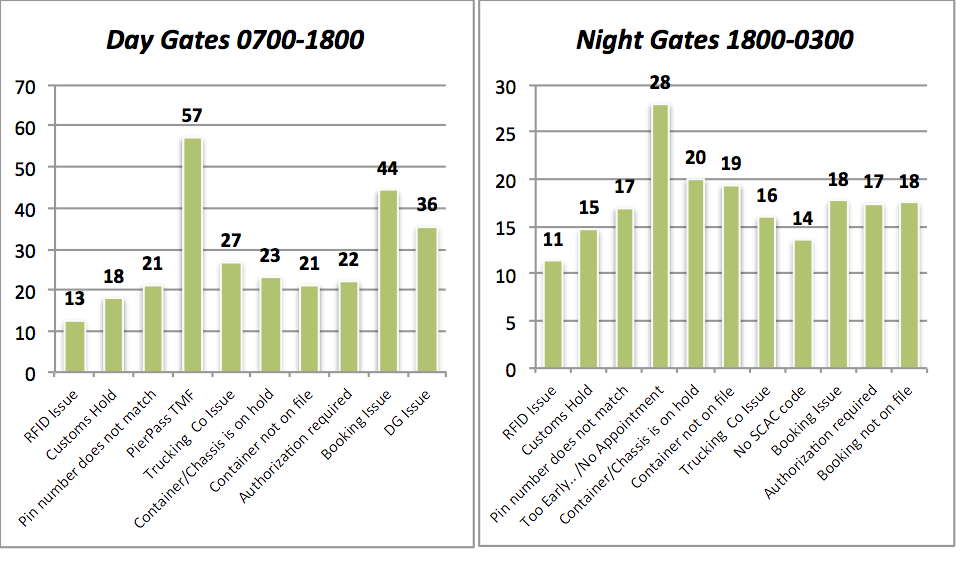LONG BEACH, Calif., July 2, 2013 – The West Coast MTO Agreement (WCMTOA) today announced an 8.1 percent increase in the Traffic Mitigation Fee (TMF) at the Ports of Los Angeles and Long Beach, scheduled to take effect on August 19, 2013. The increase will sustain continued operation of PierPass OffPeak gates amid labor cost increases.
Beginning August 19, the TMF will be increased by $5.00 per TEU (twenty-foot equivalent unit) to $66.50 per twenty-foot container or $133.00 per forty-foot container. The current TMF rates are $61.50 and $123.00 respectively.
Since 2011, WCMTOA has been adjusting the TMF annually based on changes in maritime labor costs. In May, the Pacific Maritime Association, which negotiates and administers maritime labor agreements with the International Longshore and Warehouse Union (ILWU), announced an 8.2 percent increase in wages and benefits for the 2013-14 contract year.
The Traffic Mitigation Fee helps pay for the night and Saturday marine terminal shifts created by the PierPass OffPeak program to relieve daytime congestion in and around the ports. It also provides a financial incentive to move cargo during less-congested times. The TMF is charged for non-exempt containers moving during peak hours (Monday through Friday, 3 a.m. to 6 p.m.).
The terminals have operated the OffPeak gates at a loss since the program’s start in 2005, when they doubled the number of shifts per week, spreading the same number of containers over twice the working hours. Cargo volume since 2005 has been flat. The shortfall between TMF revenues and OffPeak gate costs was $66 million in 2012, $55 million in 2011 and $52 million in 2010. For more financial information about the program, please see http://goo.gl/JiTaf.
Before PierPass was created in 2005, the ports and nearby roads were gridlocked, ships were backed up in the harbor unable to unload, and cargo owners suffered long delays in receiving and shipping vital goods. Over the past eight years, PierPass OffPeak gates have grown to handle approximately 55 percent of all container traffic at the ports, accommodated more than 23 million truck transactions, and greatly eased congestion on city streets and nearby freeways during daytime business hours.
“OffPeak is one of a series of programs by port stakeholders that have greatly reduced congestion and air pollution around North America’s busiest port complex,” said Bruce Wargo, president of PierPass, the not-for-profit company that runs the OffPeak program. “The program adds to the tremendous competitive advantage held by the Los Angeles / Long Beach port complex, which has the most concentrated set of assets of any port in the country, has a workforce that’s ready, available and flexible, and has made remarkable strides in mitigating impacts on local communities.”
About PierPass
PierPass is a not-for-profit company created by marine terminal operators at the Ports of Los Angeles and Long Beach in 2005 to address multi-terminal issues such as congestion, security and air quality. The West Coast Marine Terminal Operator Agreement (WCMTOA) is filed with the Federal Maritime Commission, and comprises the 13 international MTOs serving the Ports of Los Angeles and Long Beach. For more information, please see www.pierpass.org.
# # #


